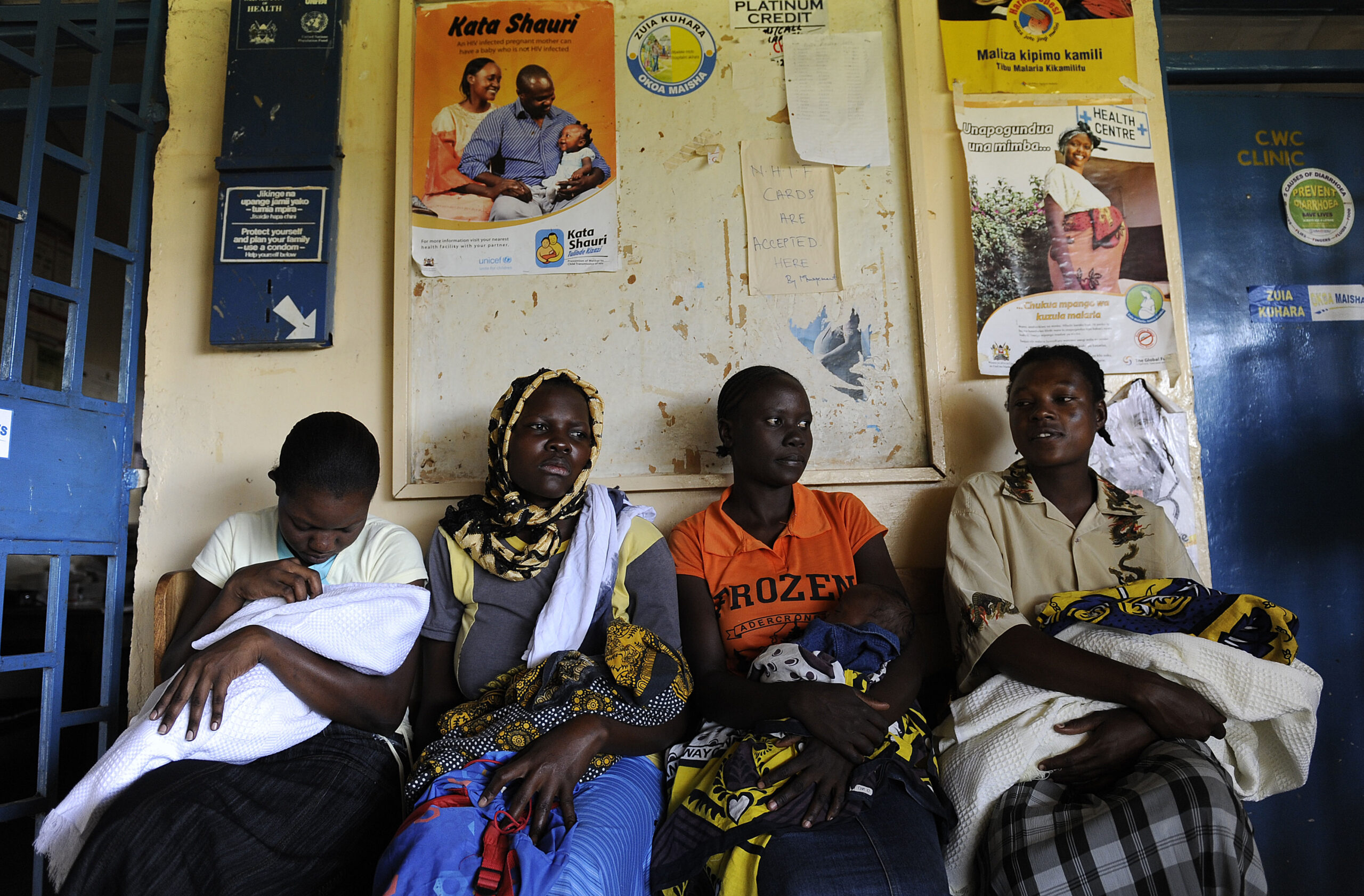
More Than 10 Years Out, Dr. George Armah Reflects on Ghana's Rotavirus Vaccine Introduction

In 2006, the World Health Organization (WHO) approved for global use vaccines against rotavirus, the most lethal cause of severe childhood diarrhea. Dr. George Armah was among the researchers who made it possible, starting his career in on rotavirus strain identification and epidemiology and conducting immunogenicity studies that led to WHO’s vaccine prequalification. The fruits of his labor arrived in his home country when Ghana introduced rotavirus vaccines in 2012.
We caught up with him to hear how the landscape in Ghana has changed in the last decade since the introduction of the vaccine he helped advance on behalf of all children on the African Continent.
How has the burden of rotavirus (and general diarrheal disease) changed since Ghana introduced rotavirus vaccines in 2012?
The burden of rotavirus and diarrhea in general has reduced significantly. The months of October to April were usually the months filled with desperation as mothers with sick children struggled for space in the pediatric emergency rooms. It is not so now. Visits to these same wards are virtually empty except for a few malaria cases. Most rotavirus-associated diarrhea turns out to be mild.
What can Ghana’s experiences teach other countries that have not yet introduced rotavirus vaccines?
I think sharing data on how the burden of disease changed after vaccine introduction can boost confidence for countries considering rotavirus vaccines. We can also share how we interacted with mothers in Ghana to encourage vaccination. The impact on the health of children has been a success story.
Which partnerships have been most important in reducing rotavirus and implementing rotavirus vaccines in Ghana?
Introducing rotavirus vaccine is a collaborative effort of science, implementation, and communication. We have universities and research institutes such as the African Rotavirus Network; health managers at the Ministry of Health; and the media and local health nonprofits that have effectively pushed this agenda and sustained the advocacy.
What is next for rotavirus vaccine research?
The work does not stop after rotavirus vaccines are introduced. We need continuous monitoring of the impact of vaccination and surveillance of circulating strains. It is important to encourage the sustainability and continuation of rotavirus vaccination programs after introduction.
Please share a personal reflection on your work to advance rotavirus vaccines: Is there a particular memory that stands out? Or, what does it mean to you, personally and professionally, to see children benefit from rotavirus vaccines in Ghana?
When I drive by the immunization centers, seeing mothers lining up with their kids to receive the rotavirus vaccine, I do not know in exactly how many lives have been saved, but I do know I have contributed to improving the lives of next-generation Ghanaians.


